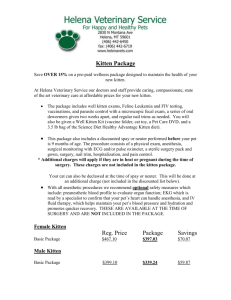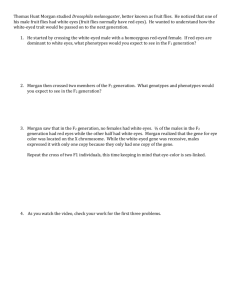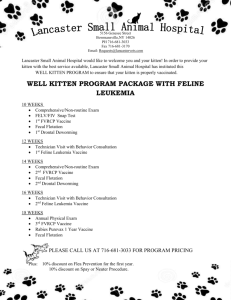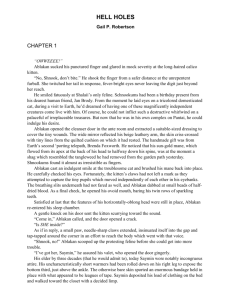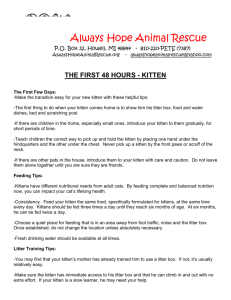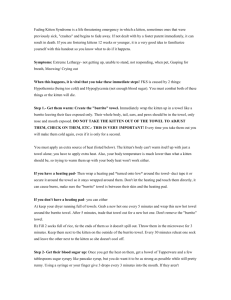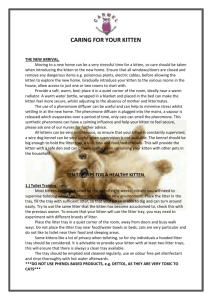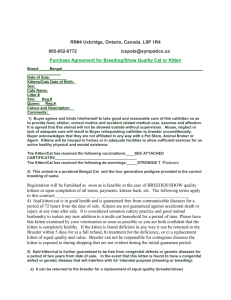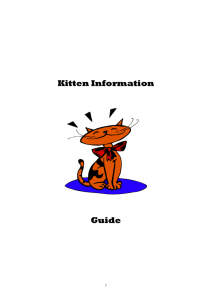Symbolism in 'The Sailor Who Fell From Grace with the Sea'
advertisement
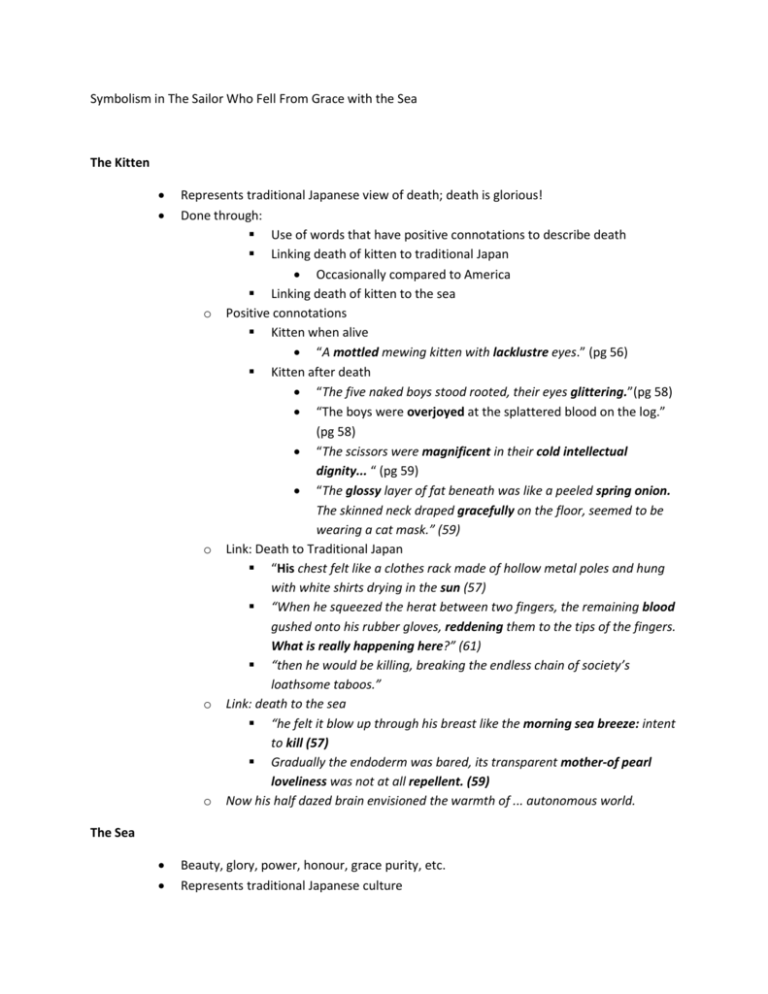
Symbolism in The Sailor Who Fell From Grace with the Sea The Kitten Represents traditional Japanese view of death; death is glorious! Done through: Use of words that have positive connotations to describe death Linking death of kitten to traditional Japan Occasionally compared to America Linking death of kitten to the sea o Positive connotations Kitten when alive “A mottled mewing kitten with lacklustre eyes.” (pg 56) Kitten after death “The five naked boys stood rooted, their eyes glittering.”(pg 58) “The boys were overjoyed at the splattered blood on the log.” (pg 58) “The scissors were magnificent in their cold intellectual dignity... “ (pg 59) “The glossy layer of fat beneath was like a peeled spring onion. The skinned neck draped gracefully on the floor, seemed to be wearing a cat mask.” (59) o Link: Death to Traditional Japan “His chest felt like a clothes rack made of hollow metal poles and hung with white shirts drying in the sun (57) “When he squeezed the herat between two fingers, the remaining blood gushed onto his rubber gloves, reddening them to the tips of the fingers. What is really happening here?” (61) “then he would be killing, breaking the endless chain of society’s loathsome taboos.” o Link: death to the sea “he felt it blow up through his breast like the morning sea breeze: intent to kill (57) Gradually the endoderm was bared, its transparent mother-of pearl loveliness was not at all repellent. (59) o Now his half dazed brain envisioned the warmth of ... autonomous world. Beauty, glory, power, honour, grace purity, etc. Represents traditional Japanese culture The Sea o o o In contrast to land where western society has taken over. “The sea was responsible... dream” (95) “’I suppose the sea is permissible to a certain extent.’ ‘as a matter of fact... things.” (52) Fusako Represents westernized Japan. Similar to the US militia occupation in Japan post WWII and shows the deterioration of the Japanese Samurai Tradition o “Though Fusako was unable to travel herself...” (25) o “I want Mama...” –Yoriko, (32) o “It was a strange feeling... here (114) o “...handling English products through a first-rate distributor. The retail prices were established in England...”(118) o “If Fusako intended to train Ryuji to take over Rex someday, she would be wise to start him learning the business and helping around the shop at once...” (123) Sailor’s Uniform Representing tradition, honour, family ties, integrity, a symbol of what traditional Japan used to be, before the westernization At the end of the book when Ryuji wears his sailor uniform before he dies on US militia is huge symbolism because it could represent the ultimate fall of Japan to the hands of America. o “He groped for his watch on the night table...” (14) o “Out of habit, Ryuji glanced at his watch (45) o “Sweat was dappling Tsukazaki’s white shirt ... (30) o “...his white cap rose slowly towards the surface...” (32) The peephole A perspective into a new world that of which is different from the reality the characters live in o “sensed something new and fresh about it.” Pg 4 positive diction “might have belonged to a stranger” (5) vs “drab and familiar” (6) o The beauty of the perfect autonomous world stripped of the hypocrisy of the real world. Pg 7 – description of Fusako’s naked body 11- description of Ryuji’s naked body 13 , first paragraph, “the universal order at last achieved.”
